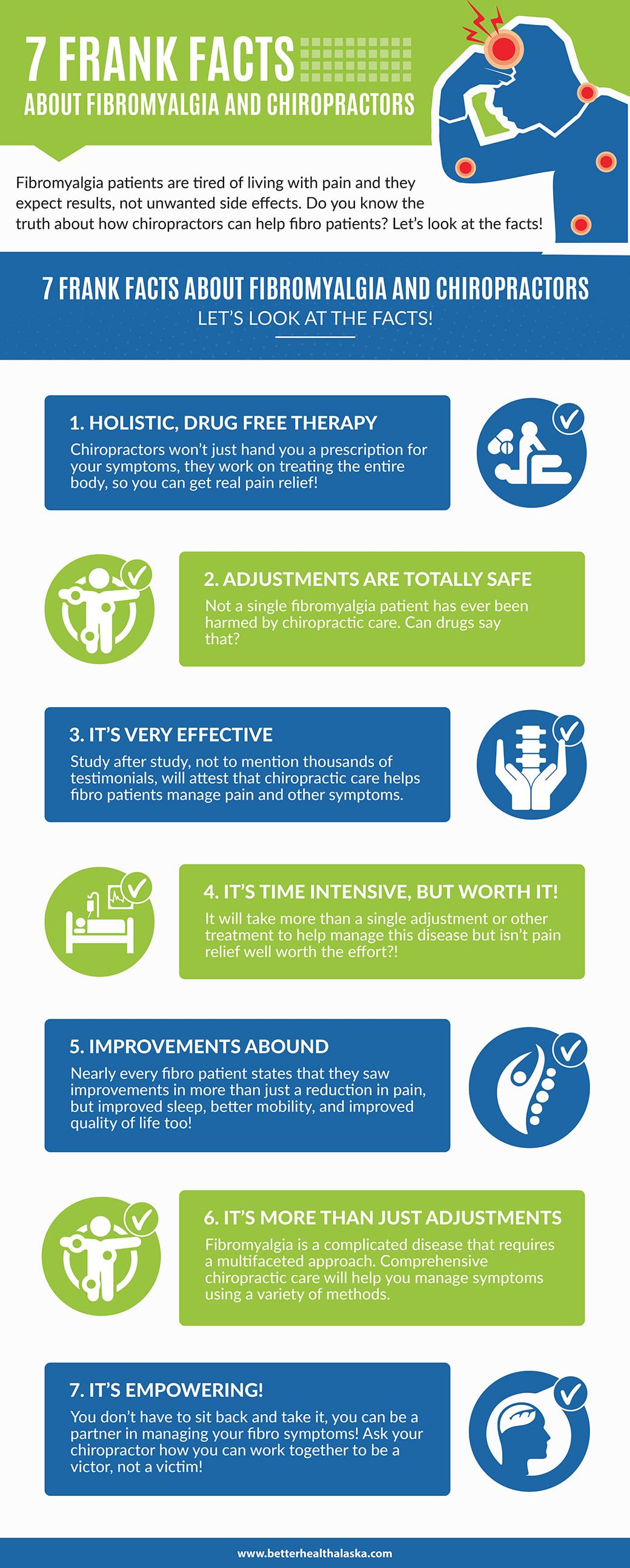Boost Your Back Wellness By Checking Out How Your Nutrition Can Either Decrease Or Intensify Your Discomfort-- Determine The Foods That Can Help You Make Informed Selections
Boost Your Back Wellness By Checking Out How Your Nutrition Can Either Decrease Or Intensify Your Discomfort-- Determine The Foods That Can Help You Make Informed Selections
Blog Article
Material Writer-Russo Camp
When it involves handling your neck and back pain, the food selections you make can substantially impact exactly how you feel every day. Think of being able to reduce your pain merely by adjusting what you eat. By understanding the role of nourishment in neck and back pain administration and knowing which foods to include or avoid, you can take positive actions towards a healthier and much more comfy way of living. The link between nutrition and back wellness is much more profound than you might recognize-- let's discover how particular foods can either relieve or aggravate your back pain.
Significance of Nutrition in Back Pain
Nourishment plays an important role in taking care of back pain. Your diet regimen can dramatically influence swelling degrees and general pain degrees in your back. Taking in a balanced diet regimen rich in nutrients like vitamins D and K, calcium, magnesium, and omega-3 fatty acids can help reduce inflammation and reinforce bones, which are vital for back wellness.
In addition, keeping a healthy and balanced weight via correct nutrition can reduce stress on your spinal column, minimizing the danger of neck and back pain.
Furthermore, particular nutrients like antioxidants located in vegetables and fruits can assist combat oxidative tension and promote healing in the body, including the back muscles and spine.
On the other hand, consuming extreme amounts of refined foods, sweet drinks, and unhealthy fats can add to swelling and weight gain, exacerbating back pain.
Foods to Eat for Back Health
To sustain a healthy back, integrating nutrient-rich foods into your day-to-day dishes is crucial. Consisting of how to help back pain in antioxidants like berries, spinach, and kale can help in reducing swelling in your back, easing pain and pain. Omega-3 fats discovered in fatty fish such as salmon and mackerel have anti-inflammatory properties that can profit your back health.
In addition, eating nuts and seeds like almonds, walnuts, and chia seeds supplies important nutrients like magnesium and vitamin E, which sustain muscular tissue function and minimize oxidative stress and anxiety. Incorporating lean proteins such as chicken, turkey, and tofu can assist in muscular tissue fixing and upkeep, promoting a strong back.
Do not forget to include milk or strengthened plant-based options for calcium to support bone health. Last but not least, hydrate with plenty of water to maintain your back discs moistened and working ideally. By including these nutrient-dense foods in your diet plan, you can nourish your back and assistance general back wellness.
Foods to Stay Clear Of for Pain In The Back
Select avoiding processed foods high in added sugars and trans fats when looking for relief from back pain. These types of foods can add to swelling in the body, which might worsen back pain. Say no to sugary treats sweet, breads, and sugary beverages, along with convenience food things like hamburgers, fries, and fried chicken that are usually loaded with trans fats.
Additionally, avoid foods having high levels of refined carbohydrates, such as white bread, pasta, and pastries, as they can spike blood sugar degrees and possibly worsen swelling in the body.
It's also important to limit your consumption of foods high in hydrogenated fats, like red meat and full-fat milk items, as they can add to inflammation. Refined foods like deli meats, chips, and packaged treats are often high in hydrogenated fats and need to be consumed in moderation.
Verdict
In conclusion, paying attention to your diet and making smart food choices can have a considerable effect on handling back pain. By integrating Source Webpage -rich foods like berries, fatty fish, nuts, and lean healthy proteins, and avoiding processed and sugary items, you can help in reducing swelling and support on the whole back health. Keep in mind, what you consume plays a critical function in how you really feel, so make certain to prioritize your nourishment for a healthier back.
